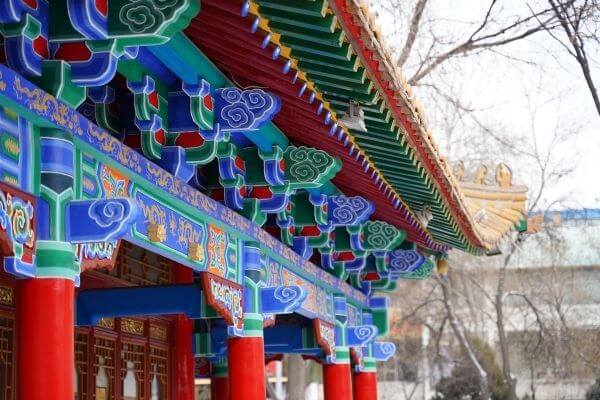
On 9 Nov. 2021, the Supreme People’s Court (SPC) issued the “Opinions on the Further Governance of Sham Litigation” (hereinafter “the Opinions”, 关于深入开展虚假诉讼整治工作的意见) and typical cases on the governance of sham litigation.
In recent years, some people in China filed lawsuits with courts based on fictitious legal relationships, fabricated facts, forged evidence and false certificates. They hoped to use the courts’ judgments to misappropriate property, transfer assets, and make fraudulent insurance claims.
Chinese courts have been plagued by this and have been trying to identify sham litigation. The Opinions reflects the SPC’s attempts to do so.
The Opinions identifies ten types of common sham litigation, including private lending disputes, lawsuits on objection to enforcement, enterprise bankruptcy disputes, corporate separation or merger disputes, trademark disputes involving well-known trademarks as well as disputes which arise from divorce, division of family property, inheritance and real estate sales contracts, and are related to housing demolition and resettlement.
The Opinions pays particular attention to sham litigation of real estate sales. Due to China’s strict controls on real estate transactions to control the bubble, many traders try to transfer the ownership of the immovables through litigation.
Cover Photo by Felix Zhao on Unsplash
Contributors: CJO Staff Contributors Team









